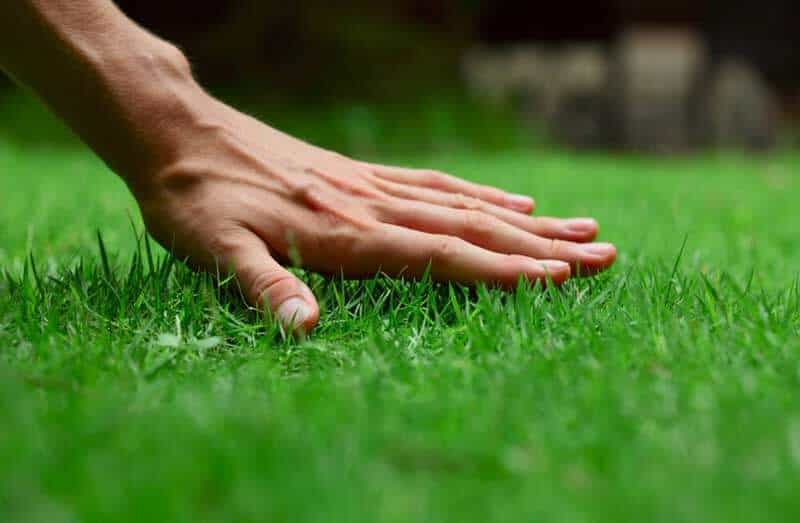A healthy, green lawn is more than just a pretty sight—it’s a sign of a thriving ecosystem right in your backyard. But when pests invade, they can wreak havoc on your turf, flowers, and even your home’s foundation. If you want to maintain your lawn’s beauty and protect your investment, mastering lawn pest control is essential.
In this ultimate guide, we’ll walk you through everything you need to know to fight off common lawn pests, prevent future infestations, and keep your outdoor space in top shape year-round.
Why Lawn Pest Control Matters
Lawn pests don’t just make your yard look bad—they can destroy grass roots, create dead patches, invite disease, and attract other unwanted wildlife. Proper pest control:
- Protects your landscape investment
- Prevents long-term soil damage
- Maintains curb appeal
- Reduces allergens and pest-related diseases
Whether you’re dealing with grubs, chinch bugs, armyworms, or moles, early detection and effective management are key.
Common Lawn Pests (and How to Spot Them)
- Grubs
Grubs are beetle larvae that feast on grass roots, causing large brown patches that peel up like carpet. Birds and skunks digging in your lawn can also be a sign of grubs. - Chinch Bugs
These tiny insects suck the sap out of grass blades, leaving behind yellow and brown patches that resemble drought damage. - Armyworms
Fast-moving caterpillars that chew through grass like a lawnmower. Look for ragged, chewed blades and thinning grass. - Sod Webworms
These larvae feed at night and hide during the day. Look for small brown patches and silk-like webs near the soil surface. - Moles and Voles
Not insects, but still destructive. These critters tunnel underground, uprooting grass and plants in the process.
Signs You Have a Lawn Pest Problem
- Irregular brown or yellow patches
- Spongy or loose turf
- Increase in bird or rodent activity
- Visible insects or larvae
- Chewed grass blades or roots
Routine lawn inspections can help you catch these signs early before the damage becomes severe.
Natural Lawn Pest Control Options
If you prefer eco-friendly approaches, there are several natural remedies worth trying:
Neem Oil – A natural pesticide that disrupts insect feeding and reproduction.
Beneficial Nematodes – Microscopic worms that target and kill grubs and other larvae without harming your lawn.
Milky Spore – A long-lasting treatment against Japanese beetle grubs.
Diatomaceous Earth – A fine powder that damages insect exoskeletons, leading to dehydration and death.
These options are safer for pets, kids, and the environment, though they may take longer to show results.
Chemical Lawn Pest Control: When to Use It
Sometimes natural options aren’t enough. If pests have taken over, you may need to use chemical treatments. Always:
- Read and follow label instructions
- Apply during dry, wind-free conditions
- Water your lawn appropriately after application (if directed)
- Keep pets and children off treated areas until safe
Insecticides can be effective against heavy infestations, but they should be used sparingly and strategically.
Preventing Future Lawn Pest Problems
The best pest control is prevention. Keep your lawn healthy and resilient with these steps:
- Aerate Your Lawn
Loosens compacted soil, improving root growth and drainage. - Mow at the Right Height
Too short makes your lawn vulnerable; too long invites pests. Aim for 2.5–3.5 inches. - Water Deeply, Not Frequently
Encourages deep root growth and deters pests that thrive in shallow, wet soil. - Fertilize Appropriately
Overfertilizing can attract pests. Stick to a seasonal fertilization schedule. - Remove Thatch
Excess thatch creates a hiding place for pests. Dethatch once a year if needed.
When to Call the Pros
DIY pest control works well for minor issues, but sometimes the pros are your best bet. A professional service like pest control Chattanooga can:
- Identify the specific pest problem
- Use targeted, safe treatments
- Monitor and adjust treatment plans over time
- Offer guarantees and ongoing maintenance
Professional help is especially recommended if:
- You’re not sure what pest you’re dealing with
- DIY treatments haven’t worked
- The damage is widespread
- You want peace of mind
Final Thoughts
Lawn pest control doesn’t have to be a mystery. With the right approach—identification, treatment, and prevention—you can keep your yard looking its best year-round. Remember: healthy lawns naturally resist pests, so investing in regular maintenance pays off.
Whether you tackle pests yourself or call in expert help like pest control Chattanooga, the goal is the same: a green, vibrant lawn that’s free of unwanted visitors.



































